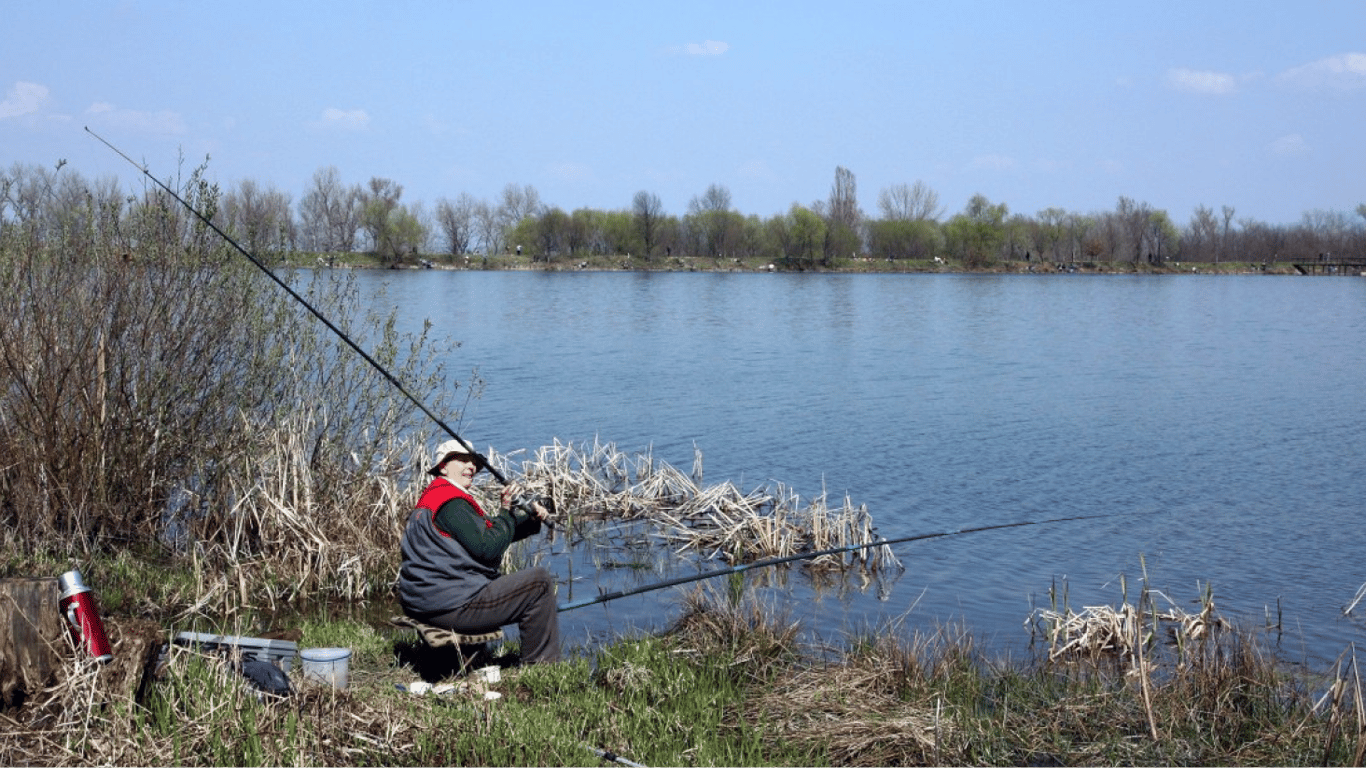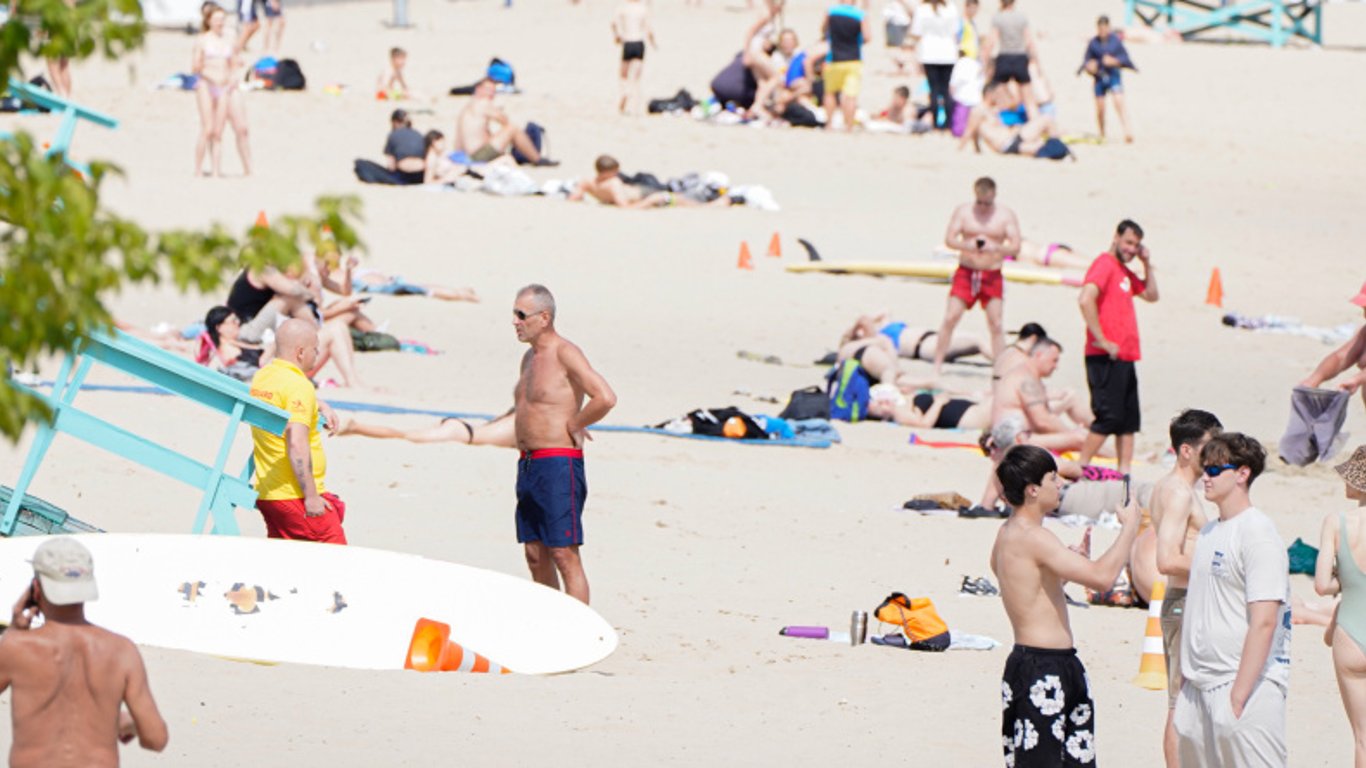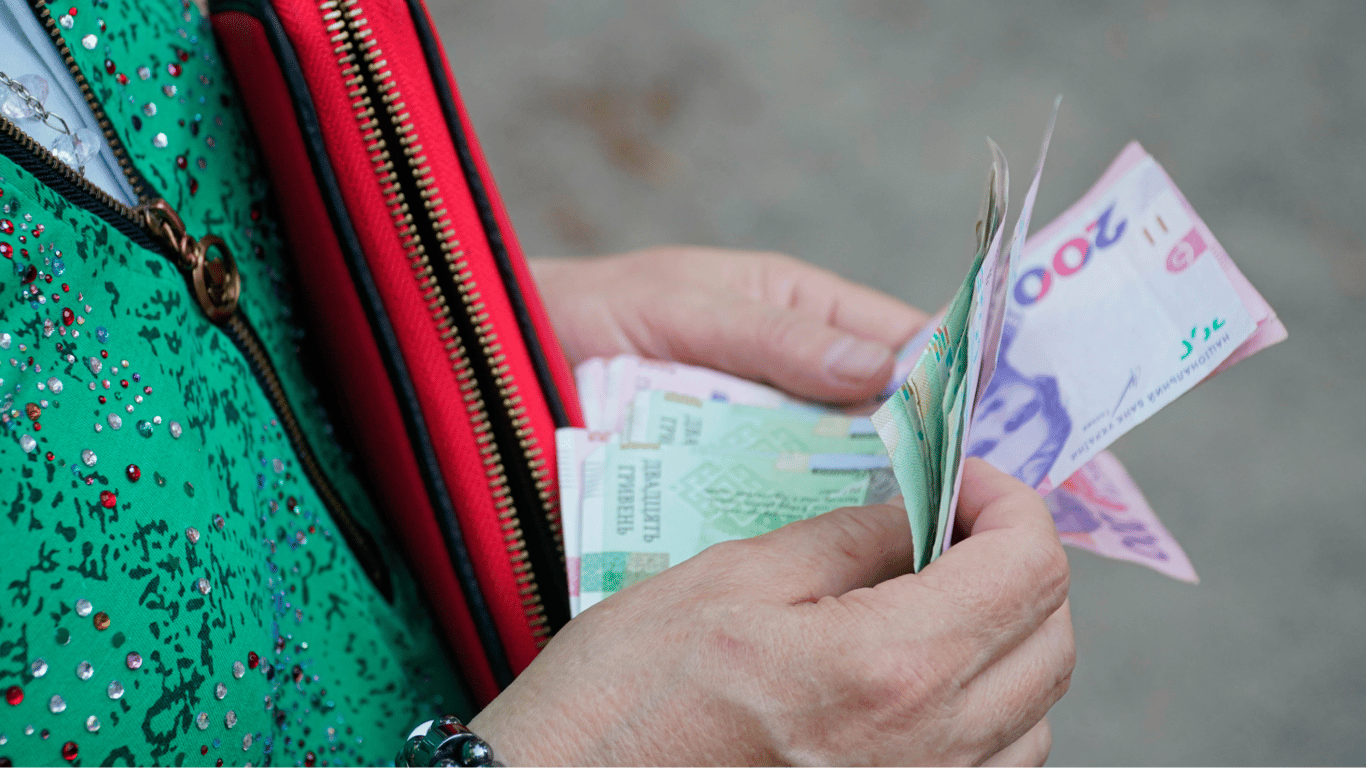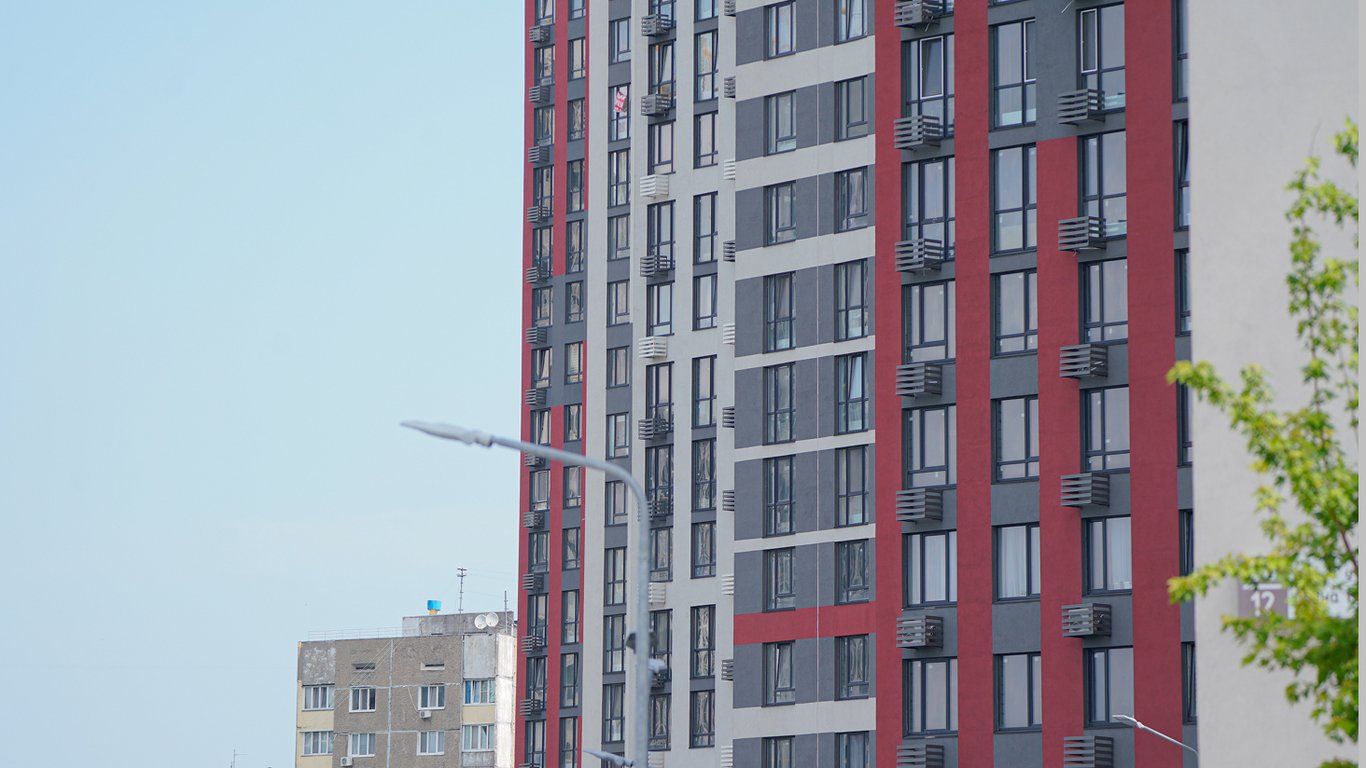Day of Dignity and Freedom: History of the Holiday, Congratulations in Prose, Poems and Bright Postcards.

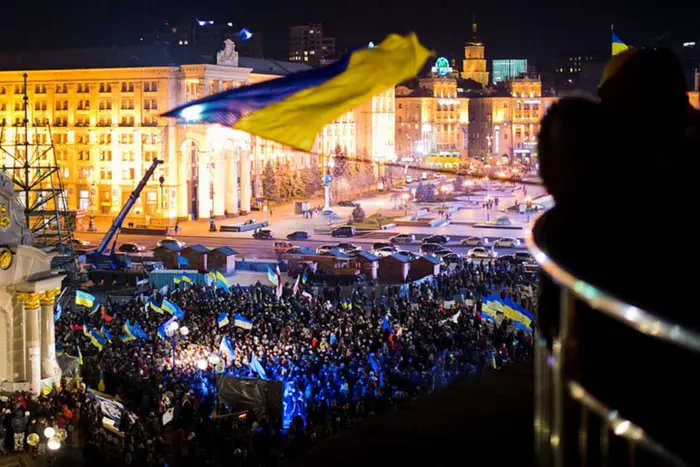
Today, November 21, we celebrate an important holiday for every Ukrainian - the Day of Dignity and Freedom. This holiday honors the participants of two Ukrainian democratic revolutions: the Orange Revolution and the Revolution of Dignity, or EuroMaidan.
«Glavcom» has prepared the history of the founding of this day and a selection of congratulations, bright postcards.
Contents
- History of the holiday
- Orange Revolution
- Revolution of Dignity
- Congratulations in prose
- Congratulations in poems
- Congratulations in bright postcards
How the Day of Dignity and Freedom appeared
The history of the Day of Dignity and Freedom begins in 2005. The President of Ukraine, Viktor Yushchenko, established Freedom Day on November 22 in honor of the Orange Revolution.
This holiday existed for several years, but in 2011, the fugitive president Viktor Yanukovych canceled it. Instead, he established the Day of National Unity and Freedom, which was celebrated on January 22.
However, on November 13, 2014, the holiday was restored. The President of Ukraine, Petro Poroshenko, by decree established it to be celebrated annually on November 21.
'With the aim of affirming the ideals of freedom and democracy in Ukraine, preserving and disseminating objective information about important events in Ukraine at the beginning of the 21st century, as well as honoring the patriotism and courage of citizens who stood up for democratic values, human rights and freedoms, the national interests of our state, and its European choice,' - it is stated in the decree.
Orange Revolution
The Orange Revolution was a series of protests by Ukrainians against large-scale falsifications in the presidential elections of 2004 in favor of Viktor Yanukovych. The rallies were named after the color used by supporters of presidential candidate Viktor Yushchenko and the opposition party 'Our Ukraine'. Under the orange flags protested Ukrainians who cared about the future of the country.
It all started with the presidential elections. Viktor Yanukovych realized that the advantage was not on his side, so he used all administrative resources to win. This led to falsifications and an increased turnout of 89.5% in Luhansk region and 96.7% in Donetsk region in the second round of the presidential elections on November 21, 2004.
Supporters of the 'Our Ukraine' party began to gather in Independence Square in Kyiv and built a tent city. The number of demonstrators reached 30 thousand on the first day and 100 thousand on the next.
'On November 24, the Central Election Commission announced the official results of the second round of elections, which differed significantly from the data of the National Exit Poll. The Chairman of the Verkhovna Rada, Volodymyr Lytvyn, stated that no government body can cancel the election results. Leonid Kuchma called for not using force against protesters and sought ways out of the crisis,' - reports the National Memorial Complex of Heroes of the Heavenly Hundred.
On November 27, the deputies of the Verkhovna Rada expressed no confidence in the Central Election Commission. At the same Time, opponents of Yanukovych tried to emphasize separatist sentiments but unsuccessfully.
On December 3, the Supreme Court of Ukraine announced a decision: 'due to the impossibility of publishing the official results of the second round of elections, to hold a re-vote on December 26, 2014.'
After 12 days of the Orange Revolution, politicians began to discuss changes in the election law, shifting the power center from the president to the parliament and government, and revising the composition of the Central Election Commission. On December 8, the Verkhovna Rada changed the form of government to a parliamentary-presidential republic. And on December 26, the new president became Viktor Yushchenko.
Revolution of Dignity
On November 21, 2013, more than one and a half thousand people gathered in Independence Square to protest against the pro-Russian president Viktor Yanukovych's refusal to sign an agreement on the associated membership of Ukraine in the European Union. The protest action was called EuroMaidan and later - the Revolution of Dignity.
On the night of November 30, the police brutally broke up the students. In response, on December 1, hundreds of thousands of people gathered in the center of Kyiv.
On the 61st day of Maidan, the first two activists were shot at the protest site. Since then, two more people died outside Maidan. Over the next month, the authorities tried to remove the protesters from the city center. But on the night of February 22, 2014, Yanukovych fled to Russia.
In total, 107 people died during the Revolution of Dignity. Most of the 'Heavenly Hundred' died from gunfire on February 20, 2014.
The Revolution of Dignity helped force Yanukovych to flee and led to the resignation of the government. After the elections, Ukraine chose a course for European development - became an associated member of the EU, and citizens received the right to visa-free entry to the European Union.
Ukraine preserved its independence from Russia and moved into a European path.
Read also
- Former MP recalled how Kuchma turned the adoption of the Constitution into his own victory
- The Pension Fund has closed information about the pensions of Yanukovych and Azarov to prevent... "public order violations"
- Anniversary Graduation: Viktor Yushchenko Remembers His Student Years
